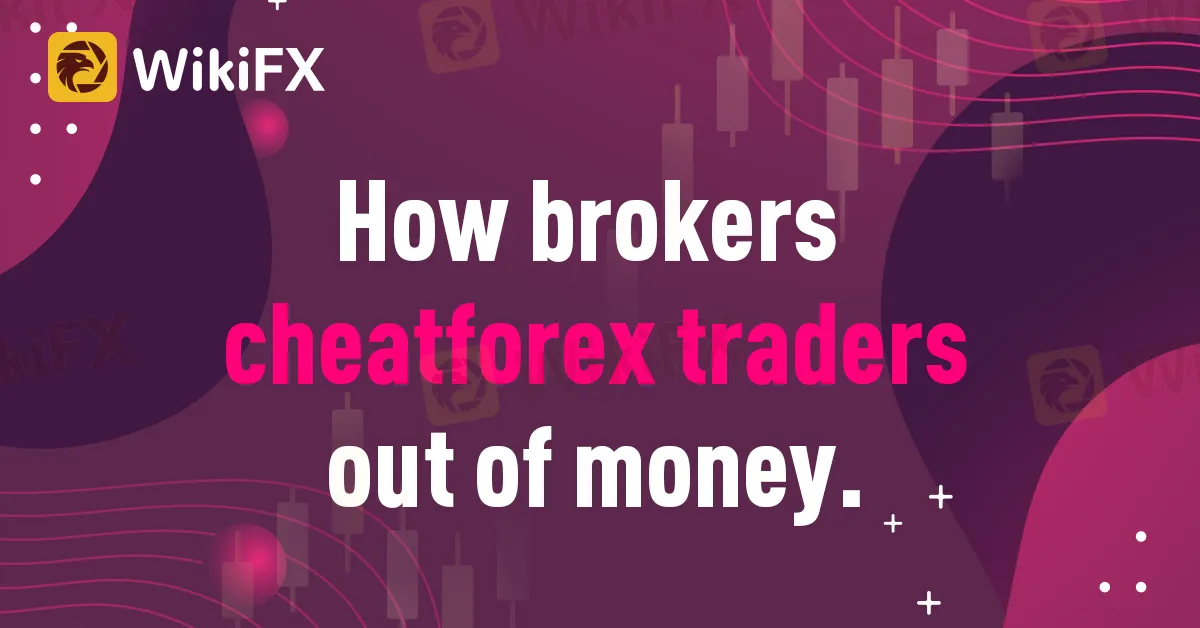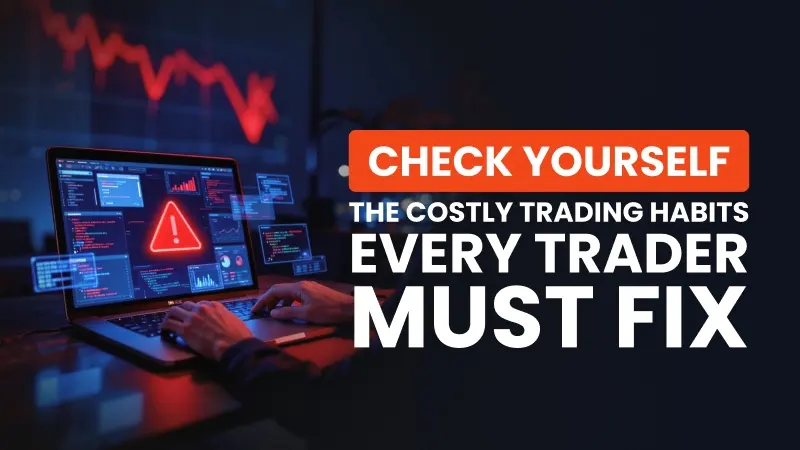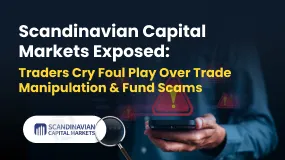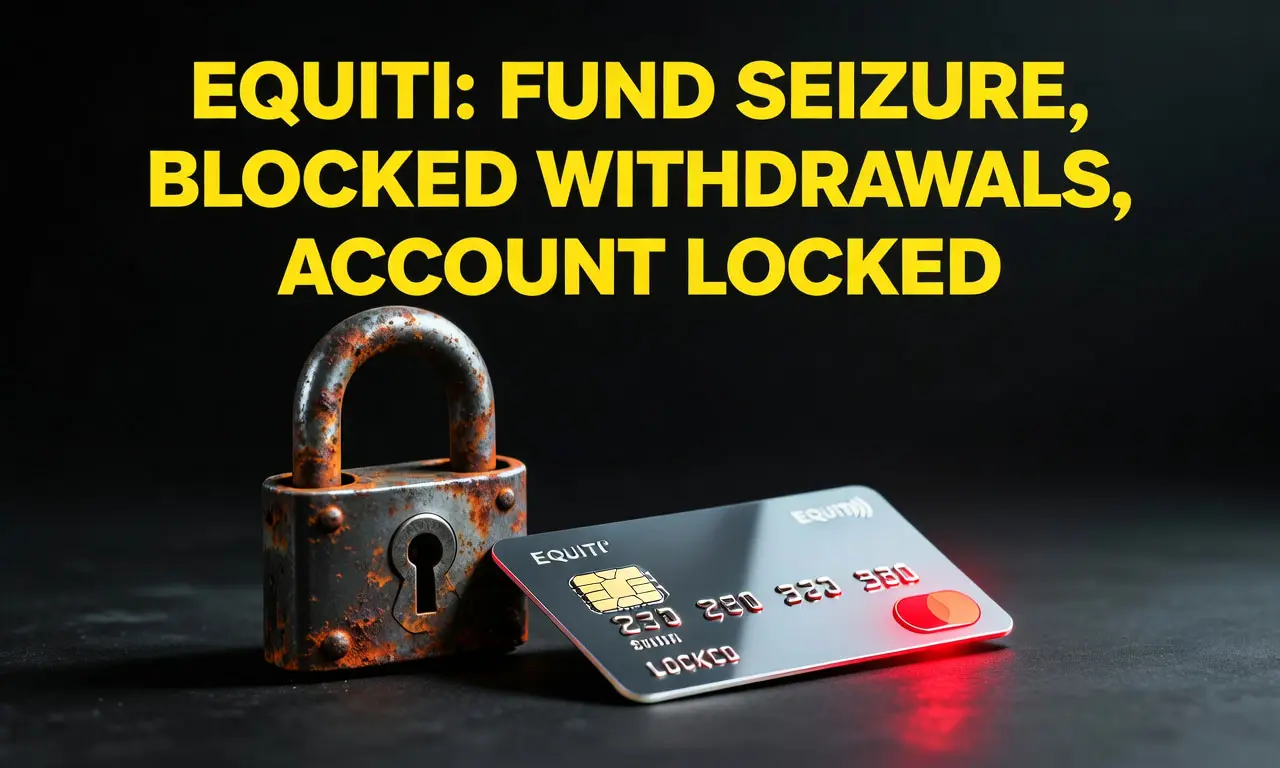简体中文
繁體中文
English
Pусский
日本語
ภาษาไทย
Tiếng Việt
Bahasa Indonesia
Español
हिन्दी
Filippiiniläinen
Français
Deutsch
Português
Türkçe
한국어
العربية
How brokers cheat forex traders out of money
Abstract:Forex brokers can cheat clients out of money in a number of ways. One common method is through manipulation of the bid-ask spread. This is the difference between the price at which a currency can be bought and sold, and it is typically quite small. However, some brokers may artificially widen the spread in order to increase their own profits at the expense of their clients.

Forex brokers can cheat clients out of money in a number of ways. One common method is through manipulation of the bid-ask spread. This is the difference between the price at which a currency can be bought and sold, and it is typically quite small. However, some brokers may artificially widen the spread in order to increase their own profits at the expense of their clients.
The WikiFX forex broker investigation tool gives users access to all licenses and regulatory documentation for brokers. Additionally, all forex news, broker reviews, and currency education are accessible to them. Both the appstore and playstore provide the WikiFx application.
Another way that forex brokers can cheat clients is through the use of stop loss orders. These are orders that automatically close a trade if the market moves against the client's position by a certain amount. Some brokers may manipulate the prices at which these orders are executed in order to cause them to be triggered, thereby causing the client to lose money.
Another way that forex brokers can cheat clients is by failing to execute trades in a timely manner. This can happen if the broker does not have enough liquidity to execute the trade, or if the broker simply chooses not to execute the trade in order to benefit from price movements. In this case, the client may end up losing money due to the delay in execution.
Lastly, some forex brokers may cheat clients by engaging in fraudulent activities such as insider trading, front running or using client's money for Ponzi scheme, embezzlement, or misusing of the client's account.
In order to protect themselves from these types of scams, clients should always use a reputable and regulated forex broker and be wary of any broker that seems too good to be true. They should also be familiar with the different types of scams that are common in the forex market and be on the lookout for any suspicious behavior from their broker. Additionally, clients should conduct their own research and due diligence on a broker before opening an account, and they should also consider using a forex trading platform that offers negative balance protection to safeguard against any potential losses.
In summary, Forex brokers can cheat clients out of money by manipulating the bid-ask spread, using stop loss orders, failing to execute trades in a timely manner, engaging in fraudulent activities such as insider trading, front running or using client's money for Ponzi scheme, embezzlement, or misusing of the client's account. Clients should always use a reputable and regulated forex broker, be familiar with the different types of scams that are common in the forex market, conduct their own research and due diligence on a broker before opening an account, and consider using a forex trading platform that offers negative balance protection to safeguard against any potential losses.

Disclaimer:
The views in this article only represent the author's personal views, and do not constitute investment advice on this platform. This platform does not guarantee the accuracy, completeness and timeliness of the information in the article, and will not be liable for any loss caused by the use of or reliance on the information in the article.
Read more

Check Yourself: The Costly Trading Habits Every Trader Must Fix
Are the trading habits you barely notice the very ones quietly destroying your profits, and could a single overlooked mistake be costing you far more than you realise?

Scandinavian Capital Markets Exposed: Traders Cry Foul Play Over Trade Manipulation & Fund Scams
Does Scandinavian Capital Markets stipulate heavy margin requirements to keep you out of positions? Have you been deceived by their price manipulation tactic? Have you lost all your investments as the broker did not have risk management in place? Were you persuaded to bet on too risky and scam-ridden instruments by the broker officials? These are some burning issues traders face here. In this Scandinavian Capital Markets review guide, we have discussed these issues. Read on to explore them.

KEY TO MARKETS Review: Are Traders Facing Withdrawal Delays, Deposit Issues & Trade Manipulation?
Did your deposits in KEY TO MARKETS’ forex trading fail to reflect despite numerous follow-ups with the broker? Are you facing margin lock up and withdrawal issues due to stuck limit orders? Do you find losses due to wide spreads on the KEY TO MARKETS login? Similar issues have been expressed by many traders online. In this KEY TO MARKETS review article, we will take a close look at the complaints. Read on!

Equiti Under Fire: Traders Report Sudden Fund Seizures and Blocked Withdrawals
They trade for weeks, sometimes months. They follow the market, execute their strategy, and watch their account balance grow. Then, without warning, it's all gone. Not from a bad trade, but from a decision made by the broker. Their profits are confiscated, their principal is wiped, and their account is locked. This is the alarming reality dozens of traders have reported to WikiFX about their experiences with Equiti, painting a picture of a platform where success can be punished without explanation. In the last three months alone, WikiFX has been flooded with 11 new complaints against Equiti, each one echoing a similar, disturbing story. The central theme? Traders who manage to generate profits find themselves abruptly accused of “improper trading” or “abuse,” a vague justification used to seize their funds and sever communication. The evidence submitted by these users points to a deeply concerning pattern that every potential trader in Africa must be aware of.
WikiFX Broker
Latest News
GCash Rolls Out Virtual US Account to Cut Forex Fees for Filipinos
The 350 Per Cent Promise That Cost Her RM604,000
INZO Commission Fees and Spreads Breakdown: A 2025 Data-Driven Analysis for Traders
Garanti BBVA Securities Exposed: Traders Report Unfair Charges & Poor Customer Service
"Just 9 More Lots": Inside the Endless Withdrawal Loop at Grand Capital
Private payroll losses accelerated in the past four weeks, ADP reports
Core wholesale prices rose less than expected in September; retail sales gain
Consumer confidence hits lowest point since April as job worries grow
CFTC Polymarket Approval Signals U.S. Relaunch 2025
MH Markets Commission Fees and Spreads Analysis: A Data-Driven Breakdown for Traders
Currency Calculator




